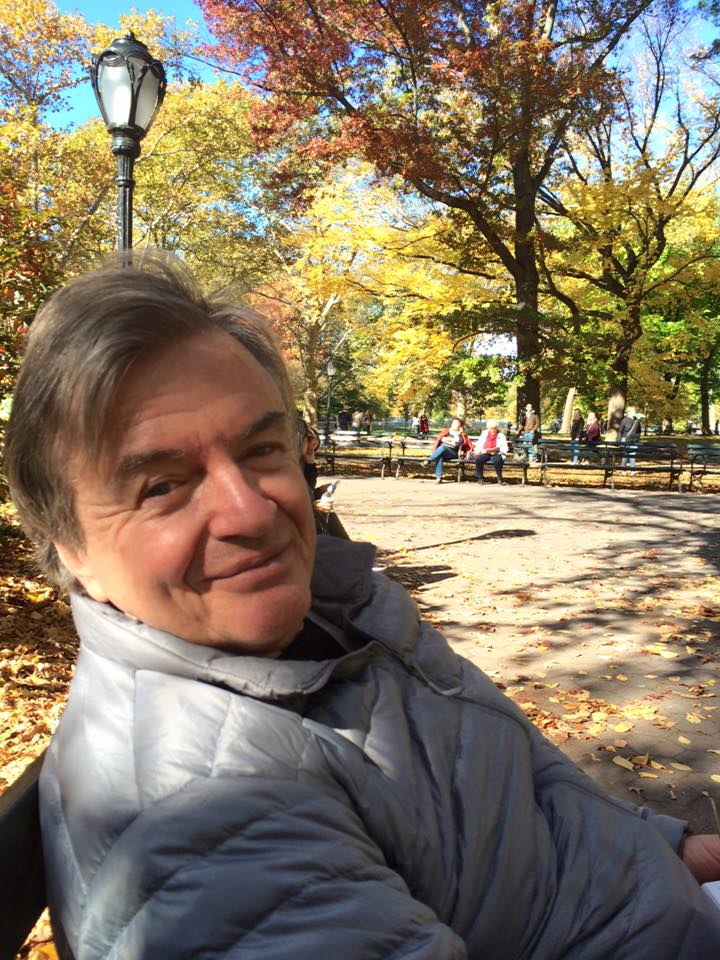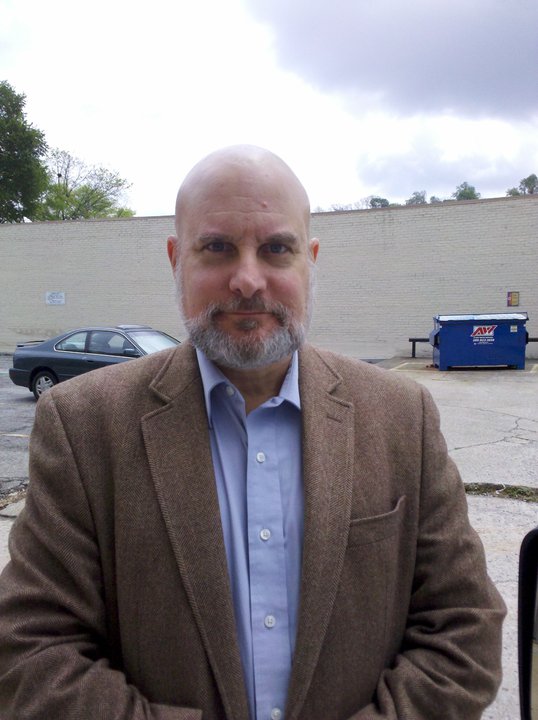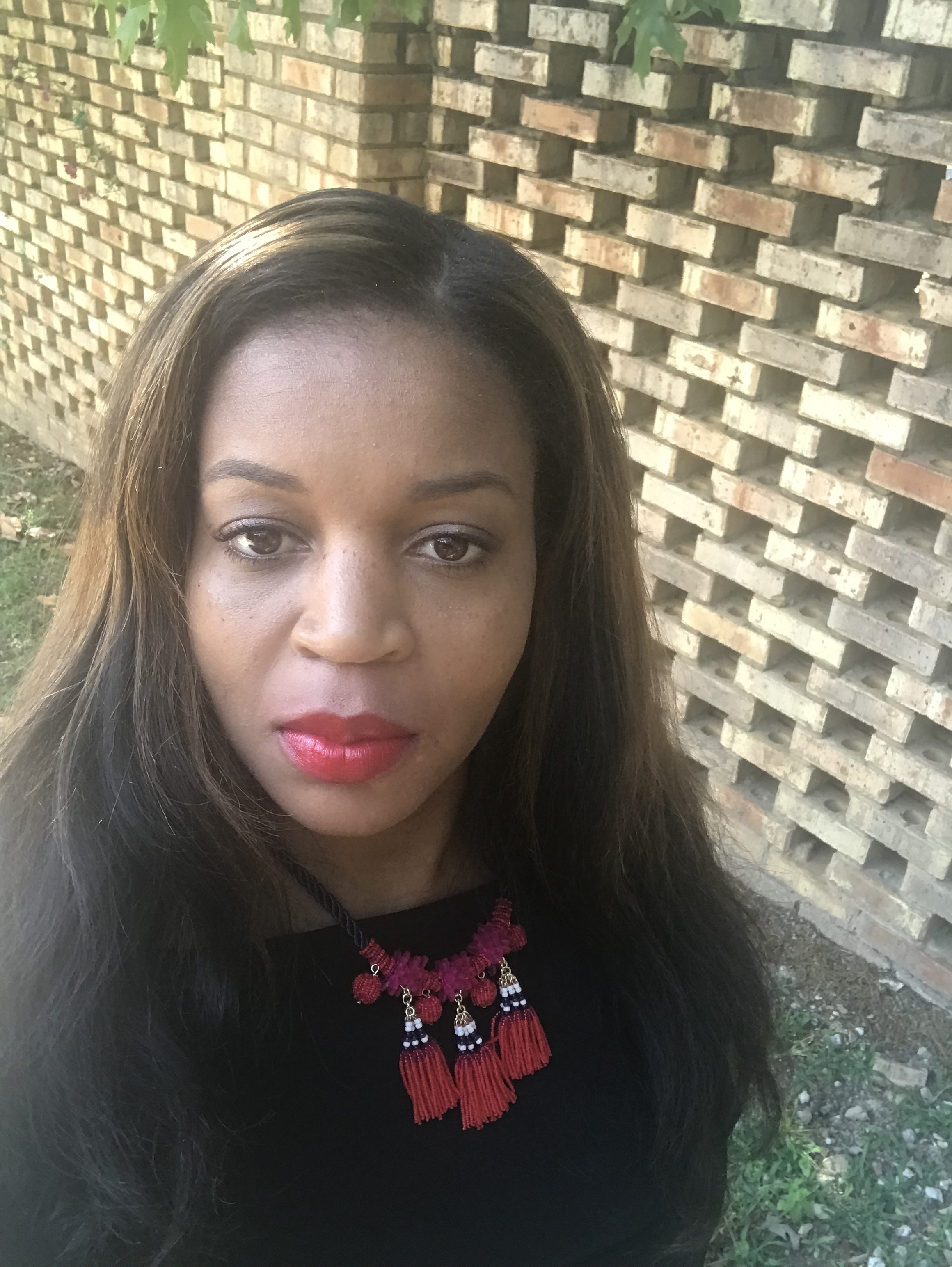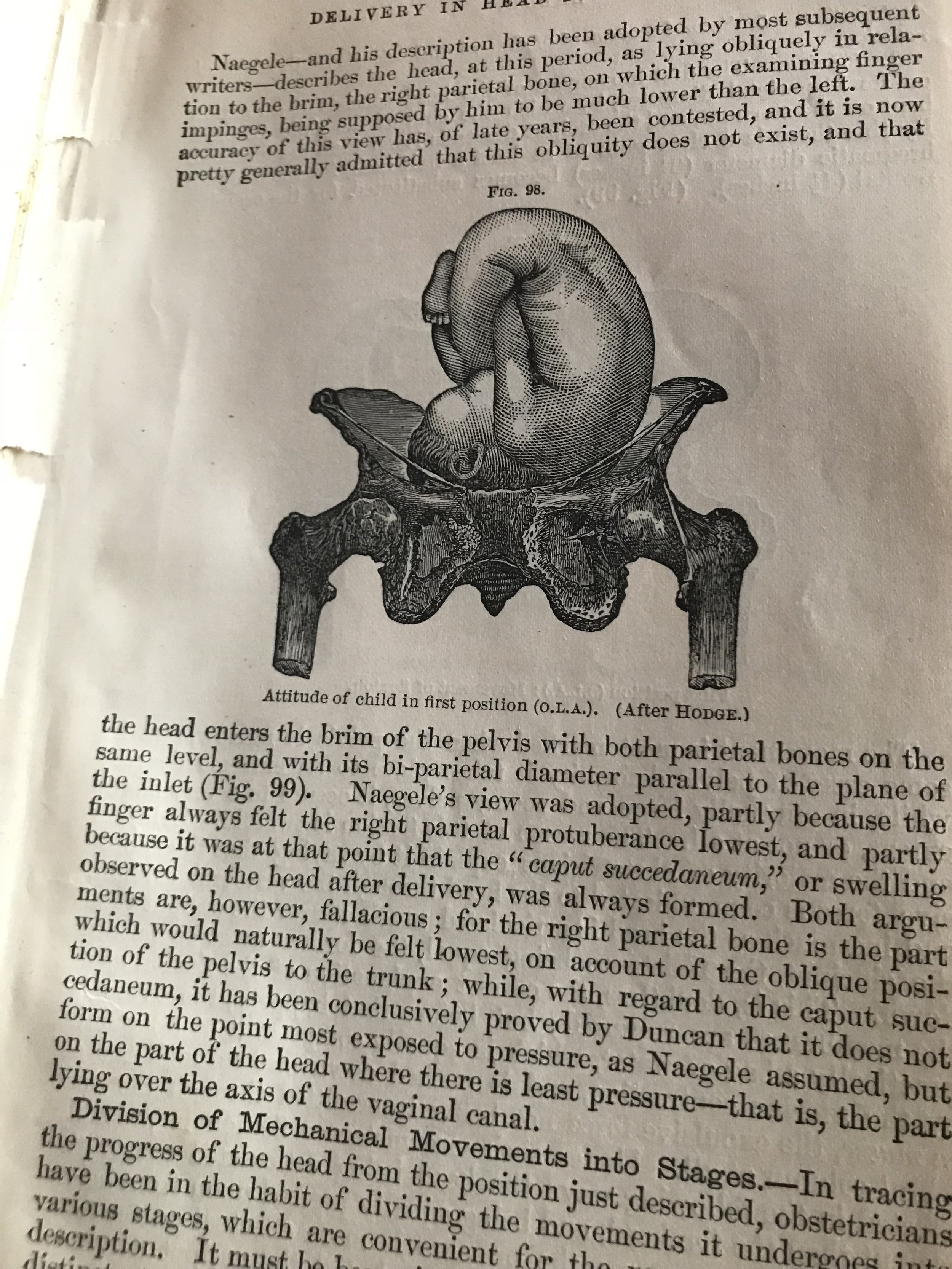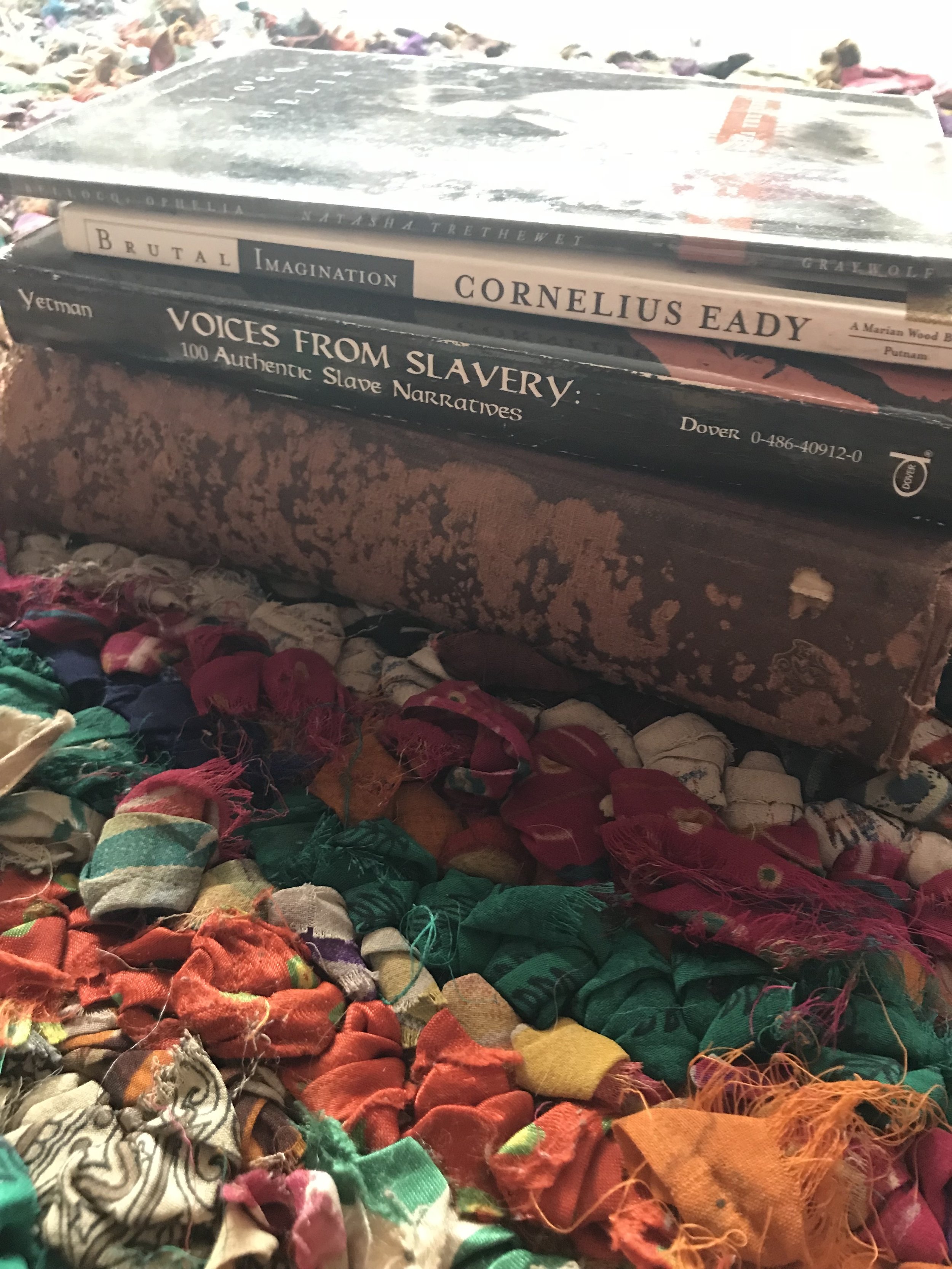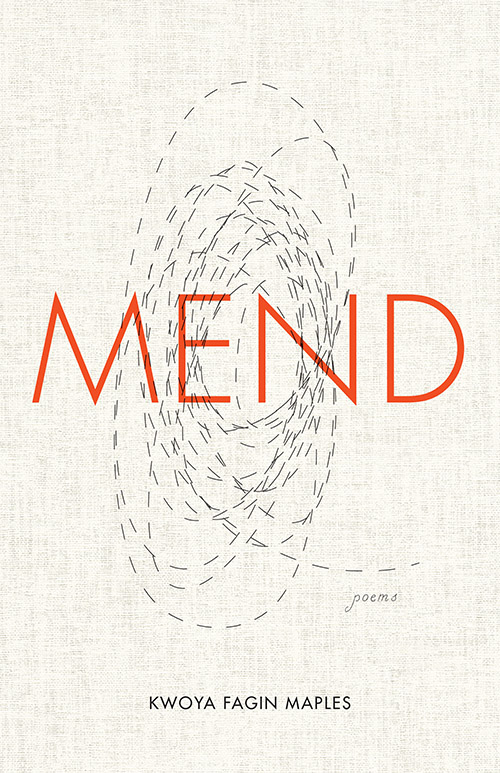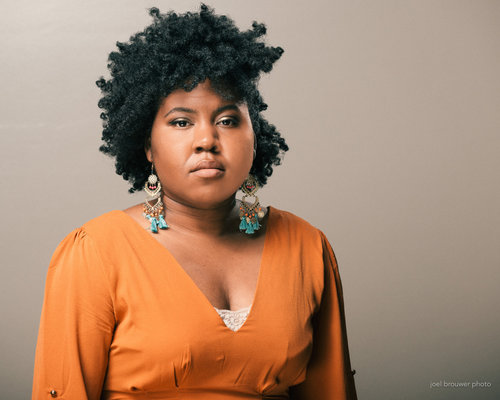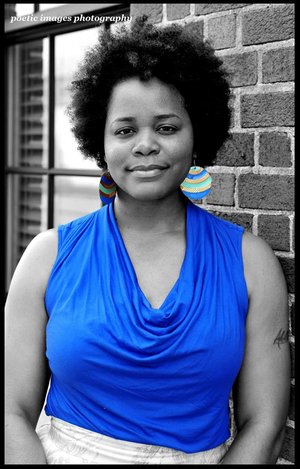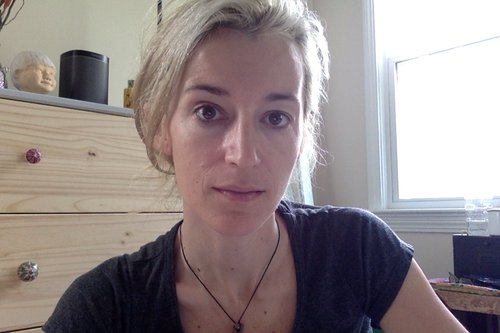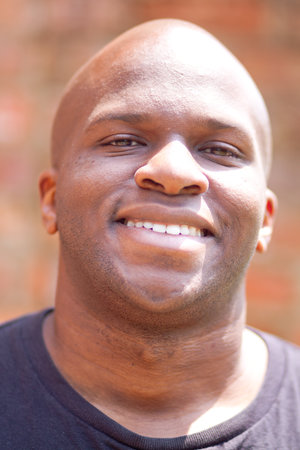Did you feel closer to any of the personas in this collection? If so, who and why? If not, why?
I felt most connected to Anarcha. Anarcha was seventeen at the beginning of the experimentation in 1845. She endured at least thirty surgeries, according to Sims’ notes. Since she was the first person he experimented on, and the only one he claimed to “heal,” I imagined her as angry—certainly, but also wise, knowing and aware. It is her voice I searched for the most while writing. Again, the sonnet corona I referenced above is written in her voice. She directly confronts the doctor and speaks on behalf of all the women.
What poets or writers most influenced this collection and the way in which you approached it? Why or how?
Frank X Walker’s book Turn Me Loose was a companion book for me. This is a collection of historical persona poetry written in several voices including the voice of Medgar Evers, his wife, his murderer and even the bullet that killed Medgar Evers. Walker’s creativity, structure and genius on the page is startling. I love how the book is continually engaging.
Cornelius Eady’s book, Brutal Imaginations, was also influential in that there was an imagined persona in the book. I liked the narrative arc and how details were exposed over the course of the story. Other poets who influenced the work were Natasha Tretheway, Michael Ondaatje, among others.
How do you balance teaching, mothering, loving, and living with writing and publishing in the Birmingham community?
I don’t balance. There are times when I’m hyper-focused on one thing, and I think that’s fine. I have the most supportive husband in the world. We both want the best for each other. We have three young children, but we know our career pursuits also give us fulfillment, so we both make sacrifices for each other. I try to make it to as many Birmingham writing events as I can, but my lifestyle is such that I have to pick and choose. I want the writers in my community to feel supported, so I try to give that support in a variety of ways, whether it’s showing up, pep talks on social media, or reading manuscripts people send my way.
I look for ways to spend valuable time with writers while also acknowledging my roles as a mother, wife, writer, and instructor. It’s not easy, but I try to make good choices –overall— in how and where I spend my time.
I appreciate your honest on the work-life balance equation. What organizations and resources would you suggest to other writers in Alabama looking for support, encouragement, and development? What organizations have helped you and how?
Cave Canem is an incredible experience, but there are so many more options now for poets of color. I’d recommend The Watering Hole and Kundiman.
The organization that has made the most impact on my life recently, however, is See Jane Write. See Jane Write (SJW) is a Birmingham organization for women who write and blog. Being a part of SJW has taught me the business side of writing. As a writer, I’m an entrepreneur, and that was something I had to come to understand. So often as women we are trained not to self-promote, but understanding branding and marketing as a writer is crucial. I’m an introvert, so this doesn’t come naturally, but it’s necessary. SJW has given me the tools, resources, and confidence to pursue being profitable as a writer.
Would you say this book is “teachable” for academic settings?
Absolutely. One of the sections from Mend I’m most proud of is the sonnet corona. It’s a modified sonnet, but the syllabic count is spot on (10 or 11 syllables per line). I made an effort to have a narrative arc, and it’s a response to Harriet Washington’s concept of “the medical plantation.” Harriet Washington wrote a book called Medical Apartheid that details several cases of medical experimentation on black bodies from slavery until now. There were many cases of medical experimentation during slavery. What yielded from these situations was medical advancement, fame, and money for the doctors. As a result, Washington describes these spaces as “medical plantations.” The title of the sonnet corona is “What Yields.”
This book relied on historical research and references an actual case in medical history. It can be incorporated into women studies, medical ethics, history, English and creative writing courses.
What final words do you have for Alabama writers, readers, and dreamers?
In order to move forward, we have to understand our history. It’s difficult to thoughtfully consider our past, but we perpetuate ignorance when we don’t see or value the humanity of the people we are considering. My hope is that people don’t distance themselves from the content of this book, but rather see how they are a part of this story. We should all question our role in the continuing story of equality in America.
Thank you so much Kwoya for sharing--and for writing such a magnificent book.
Mend can be pre-ordered online from the University of Kentucky Press website.
Learn more about Kwoya from her website or twitter, where she tweets as @kwoyamaples.



